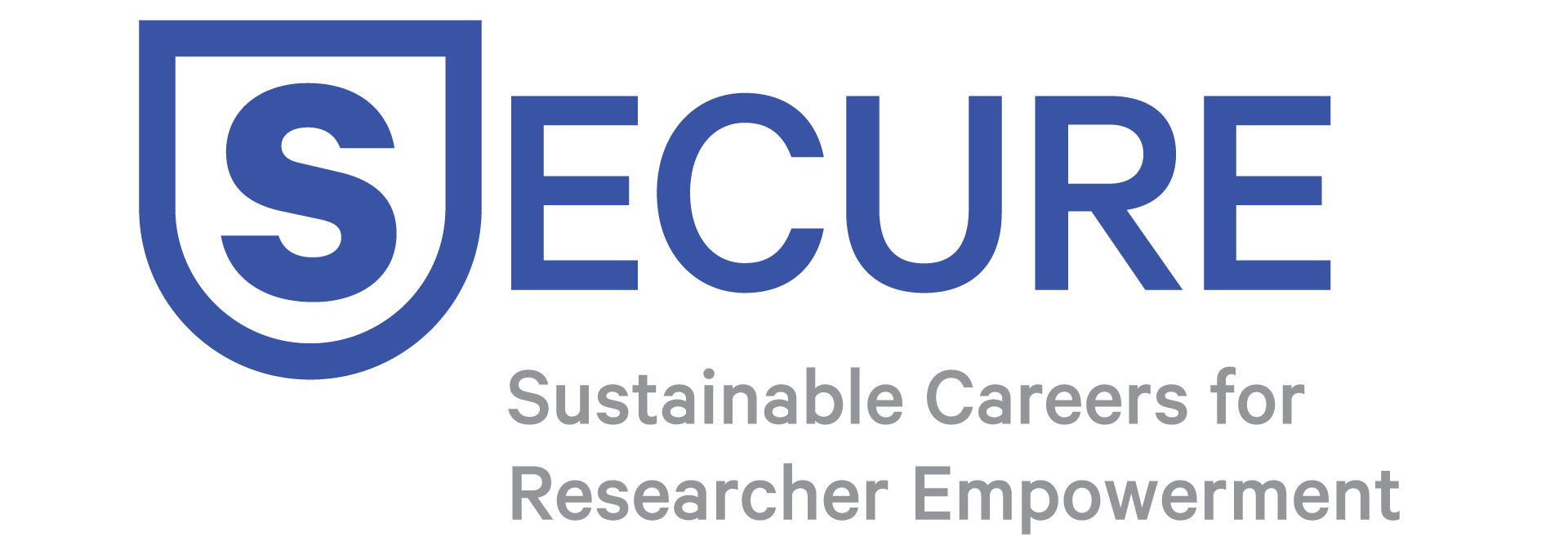The European Charter for Researchers outlines principles fostering a conducive relationship between researchers and employers, promoting successful knowledge generation, mobility, and career development. It emphasizes responsibility and professionalism, applicable to researchers at all career stages across diverse research fields in the EU, embracing various roles beyond research activities. The Charter underscores the value of mobility and serves as a comprehensive framework for responsible conduct in both public and private sectors. The European Commission defines the 4 pillars that should be considered to update The European Charter for Researchers. In such context, pillar 3 is dealing closely with the working conditions and practices in research, respectively with the following issues:
1. Working conditions, funding and salaries
Employers and funders should create conducive working conditions for researchers, emphasizing flexibility and accessibility, especially for those with disabilities. The focus is on promoting work-life balance, considering factors like flexible hours, part-time, remote work, and sabbatical leave. A supportive environment for mental health and wellbeing, with measures to prevent gender-based violence, is highlighted. In the research domain, employers and funders should establish stimulating environments with proper equipment, facilities, and opportunities, ensuring health and safety compliance. Adequate resources and qualified support staff are essential for effective work programs.
Clear procedures, possibly through an impartial ombudsperson, must be in place for handling complaints and appeals, fostering fair treatment and a positive working atmosphere. Researchers’ representation in organizational decision-making bodies is deemed legitimate, allowing them to safeguard their interests and contribute actively. Fair and attractive remuneration, along with equitable social security provisions, is emphasized for researchers at all career stages. This includes considerations for sickness and parental benefits, pension rights, and more, aligning with national legislation and collective bargaining agreements. Ensuring transparency in taxation and providing information on social protection rights further contributes to researchers’ well-being.
2. Stability of employment
Employers and funders are urged to combat job insecurity by implementing measures against precarity, including limiting the maximum duration of fixed-term contracts. A recommended threshold of one-third for fixed-term contracts in the overall researcher workforce is advised. Permanent or open-ended contracts are encouraged, especially for tasks involving long-term or highly recurrent research. In academia, the precarious nature of post-doctoral positions is acknowledged. To address this, it is recommended that institutions establish explicit guidelines for recruiting postdoctoral researchers, considering prior appointments and emphasizing the transitional nature of postdoctoral status, focusing on professional development within the context of long-term career prospects.
3. Contractual and legal obligations
Researchers at all levels must acquaint themselves with national, sectoral, or institutional regulations governing training and working conditions, including intellectual property rights and sponsor/funder requirements, regardless of contract nature. Adherence to regulations involves delivering required results (e.g. theses, publications, patents) specified in the contract. Researchers must follow safe practices, aligning with national and Union legislation for health, safety, and cybersecurity. Familiarity with data protection and confidentiality laws is crucial, and researchers should take the necessary steps to comply continually.
4. Dissemination and exploitation of results
Open Science mandates the dissemination and open availability of research results in compliance with contracts. Senior researchers are pivotal in ensuring fruitful research and leveraging results for commercialization or public accessibility. Employers and funders should support researchers through skills training, funding, and infrastructure for Open Science, recognizing and rewarding engagement in recruitment, career progression, and funding assessments. Regarding Intellectual Assets and Property Rights, employers and funders must fairly compensate researchers, possibly through co-ownership of intellectual property rights, addressing this explicitly in a publicly available intellectual assets management strategy. This strategy should encompass the creation, management, ownership, and utilization of various intellectual assets, aligning with Open Science principles and specifying ownership provisions and access rights. In Public Engagement, researchers are encouraged to communicate their activities to the society in an understandable manner, enhancing public understanding of science. Direct engagement with civil society fosters a better understanding of public interests, priorities, and concerns, facilitating co-design and co-creation when relevant.

In a shift for scientific ecosystems, stakeholders must meticulously craft conditions fostering researchers’ holistic well-being and creativity. The call is amplifying the harmony of varied perspectives in research. A diversity of solutions unfurls, addressing grievances and ushering researchers into organizational governance. Job stability is paramount, especially when navigating post-doctoral trajectories. Researchers, attuned to regulations and safety protocols, embody this era’s conscientious spirit. Acknowledging intellectual contributions and engaging with the public herald a commitment to scientific integrity. Finally, this narrative unfolds at the intersection of equity and scientific advancement.



